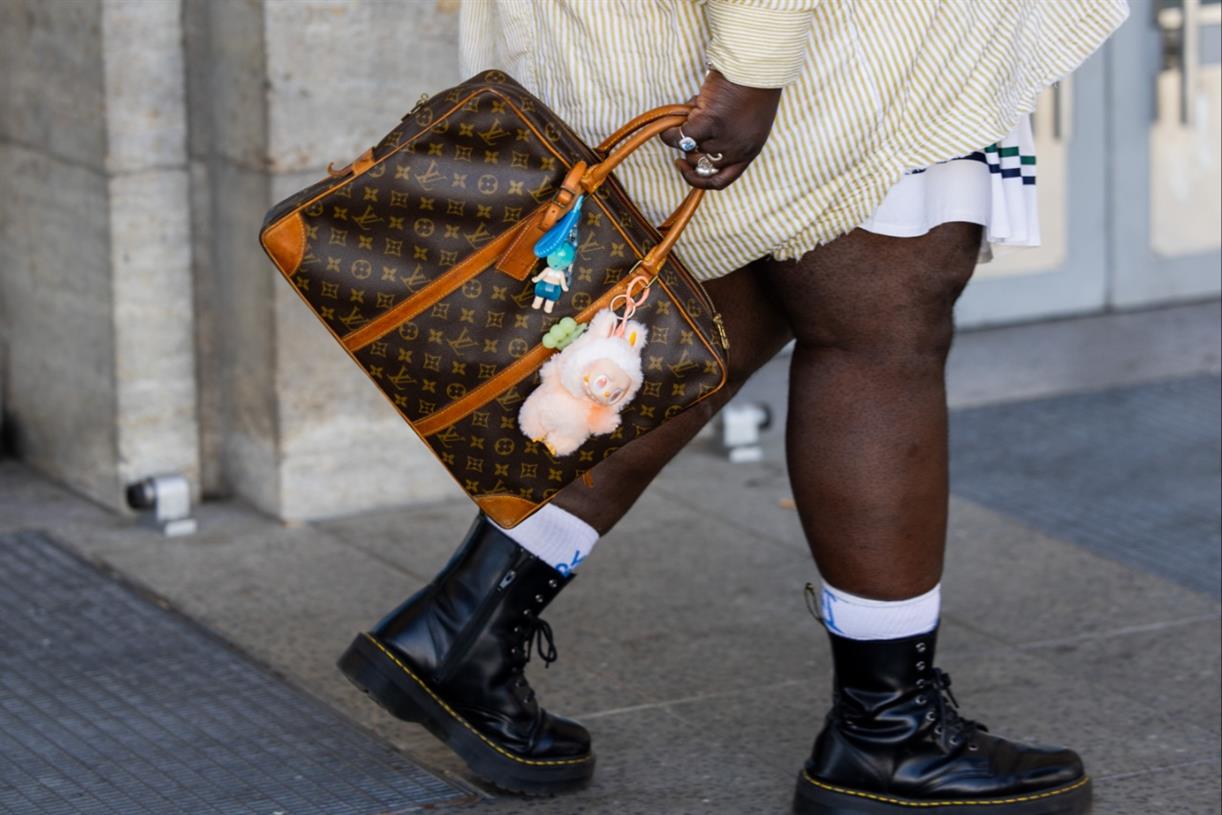Avoid Using These Rude Phrases (And What to Say Instead)
Being an effective communicator involves more than simply saying what’s on your mind. Your tone, body language, facial expressions, and, of course, the words and phrases you use have a major impact on whether others are open to hearing...

Being an effective communicator involves more than simply saying what’s on your mind. Your tone, body language, facial expressions, and, of course, the words and phrases you use have a major impact on whether others are open to hearing your thoughts, questions, and requests.
And while most people probably don’t want to come across as rude or condescending, according to one public speaking expert, certain expressions are largely perceived as “poor speech etiquette.” These are the rude phrases he suggests avoiding, and what to say instead.
Phrases that may come across as rude
In an article for CNBC Make It, John Bowe, a speech and presentation consultant and author of “I Have Something to Say: Mastering the Art of Public Speaking in an Age of Disconnection,” explains that when working with clients, he urges people to “think carefully about their listeners before speaking.”
While we don’t always have that opportunity, there are a handful of phrases that have the potential to come across as rude, which Bowe recommends avoiding in general. Here they are, and what he suggests saying instead:
“It is what it is”
According to Bowe, this phrase is typically used in place of “stop complaining.”
What to say instead: “That’s tough. I’m sorry you’re going through that.”
“Here’s the thing...”
This throat-clearing statement can come across as self-important, Bowe says, implying that “whatever follows will be the final, authoritative take on the subject at hand.”
What to say instead: “I think ...”
“Do you want to...?”
While this phrase is perfectly acceptable if you’re asking someone for their preference, or offering them a choice, Howe says that it comes off as rude and belittling if you’re using it to ask someone to do something for you (e.g. “Do you want to do the dishes after we eat?”)
What to say instead: “Will you do me a favor?”

 JaneWalter
JaneWalter 































